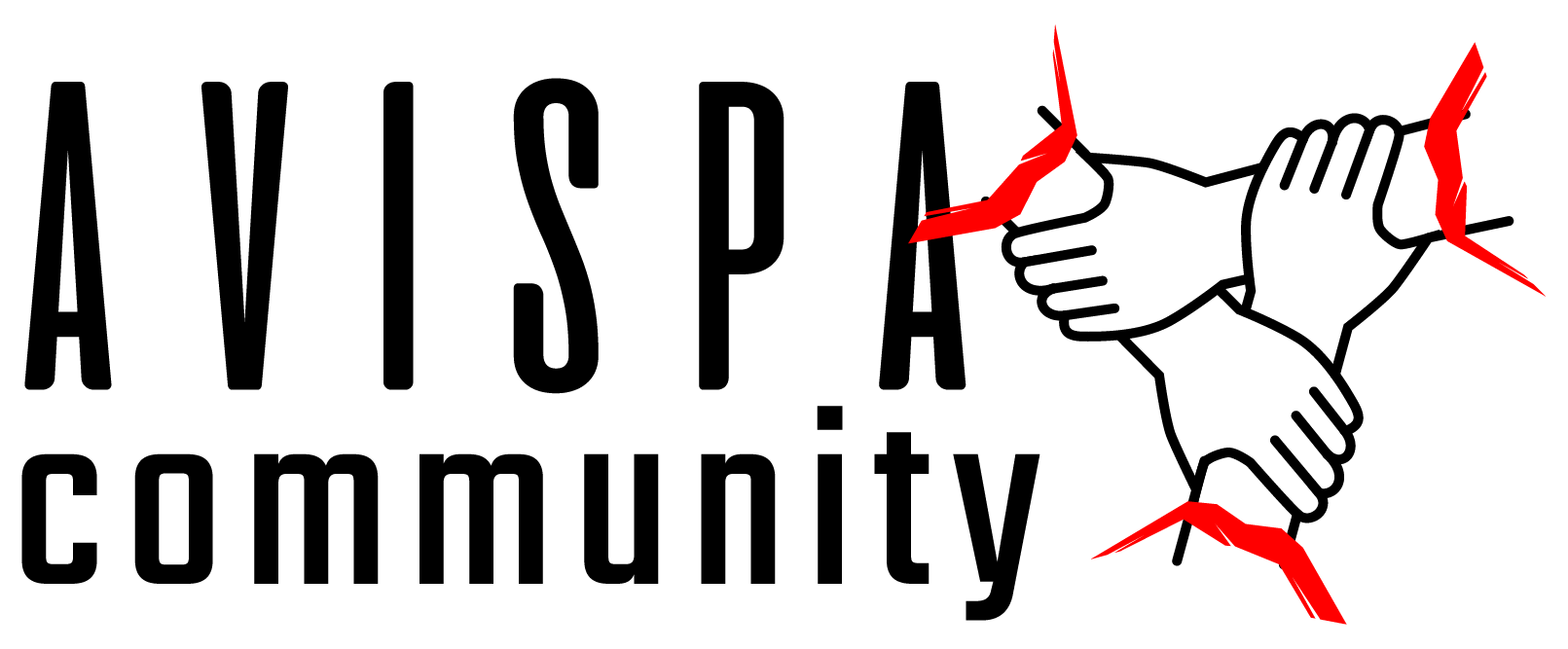Cover image: Press conference from Las Abejas de Acteal to mark the 15th anniversary of the release of the paramilitaries involved in the 1997 massacre.
The forced displacement of Indigenous communities—a consequence of the crisis of violence in Chiapas—has not stopped. In recent weeks there has been an increase in families who have been forced to abandon their homes in the municipalities of the highlands of Chiapas.
On August 4th, 200 community members from San José El Carmen, in the municipality of Pantelhó, abandoned their homes due to violence caused by clashes between armed groups. Days before, nearly 200 people fled from the community of La Esperanza in the neighboring municipality of San Pedro Chenalhó. In that same municipality, 100 people fled the Tsostil community of Tzanembolom, on July 20th.
On Monday, August 12th, local media reported that residents of both municipalities were still reporting gunfire from high caliber weaponry. “The inhabitants have remained inside their homes. It has been months since they have been able to work their fields or collect firewood because of the fear of being assassinated.,” said one of the people interviewed.
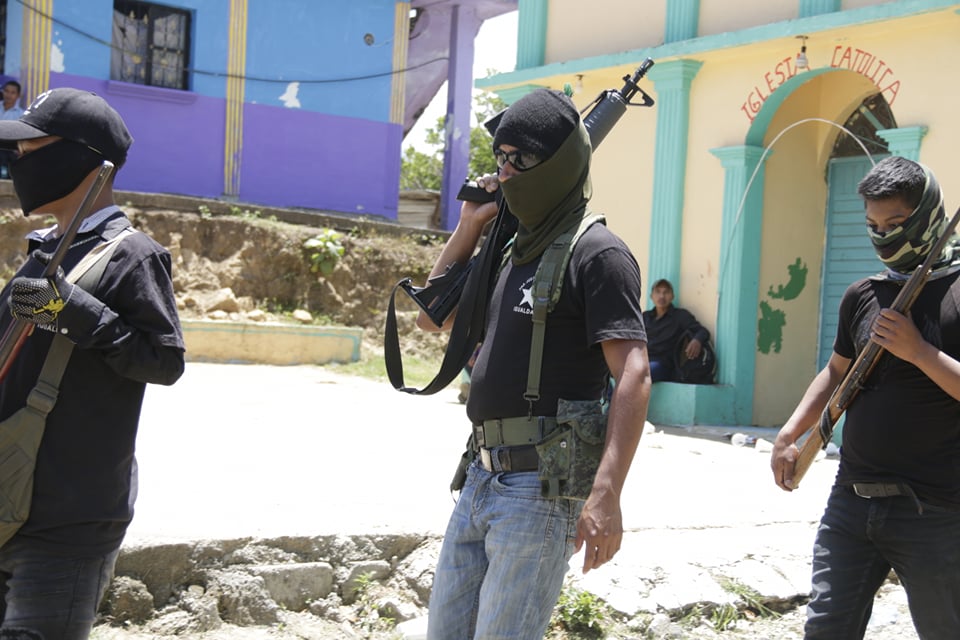
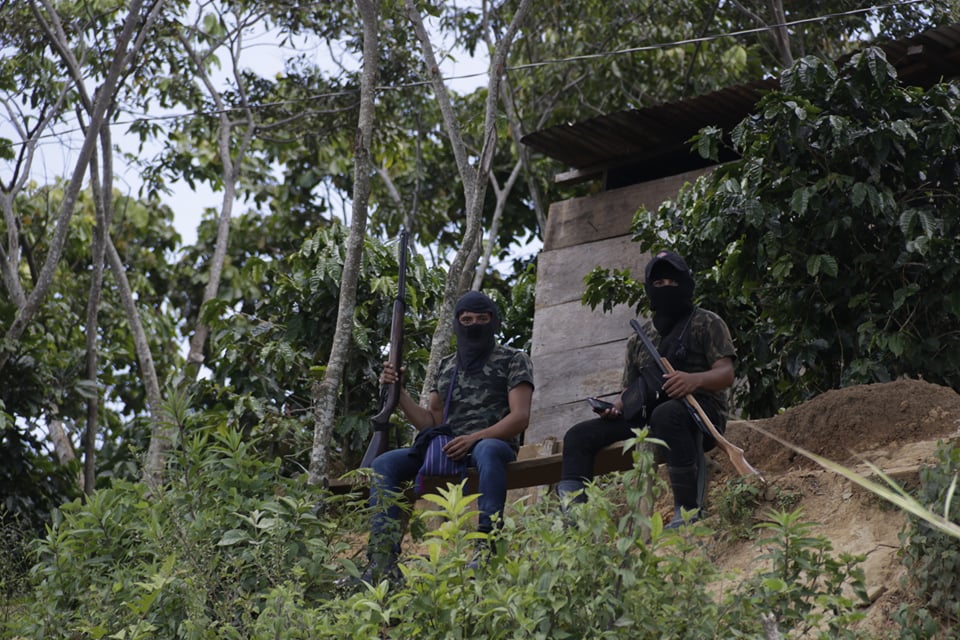
Members of the self-defense group, El Machete. Photos: Somos el Medio
According to testimony from inhabitants, clashes continue near Tzanembolóm, where they say one of the armed groups was carrying out forced recruitment, a motive for which the people fled their communities.
On Monday August 12th, the organization Las Abejas de Acteal, who have continued struggling for justice after the massacre in their community in 1997, warned that the violence in the Chiapas highlands “is already unstoppable.” During a press conference in San Pedro Chenalhó, members of Las Abejas pointed out that the situation of violence in the region is similar to that which they experienced in days prior to the massacre perpetrated at the end of the 1990’s.
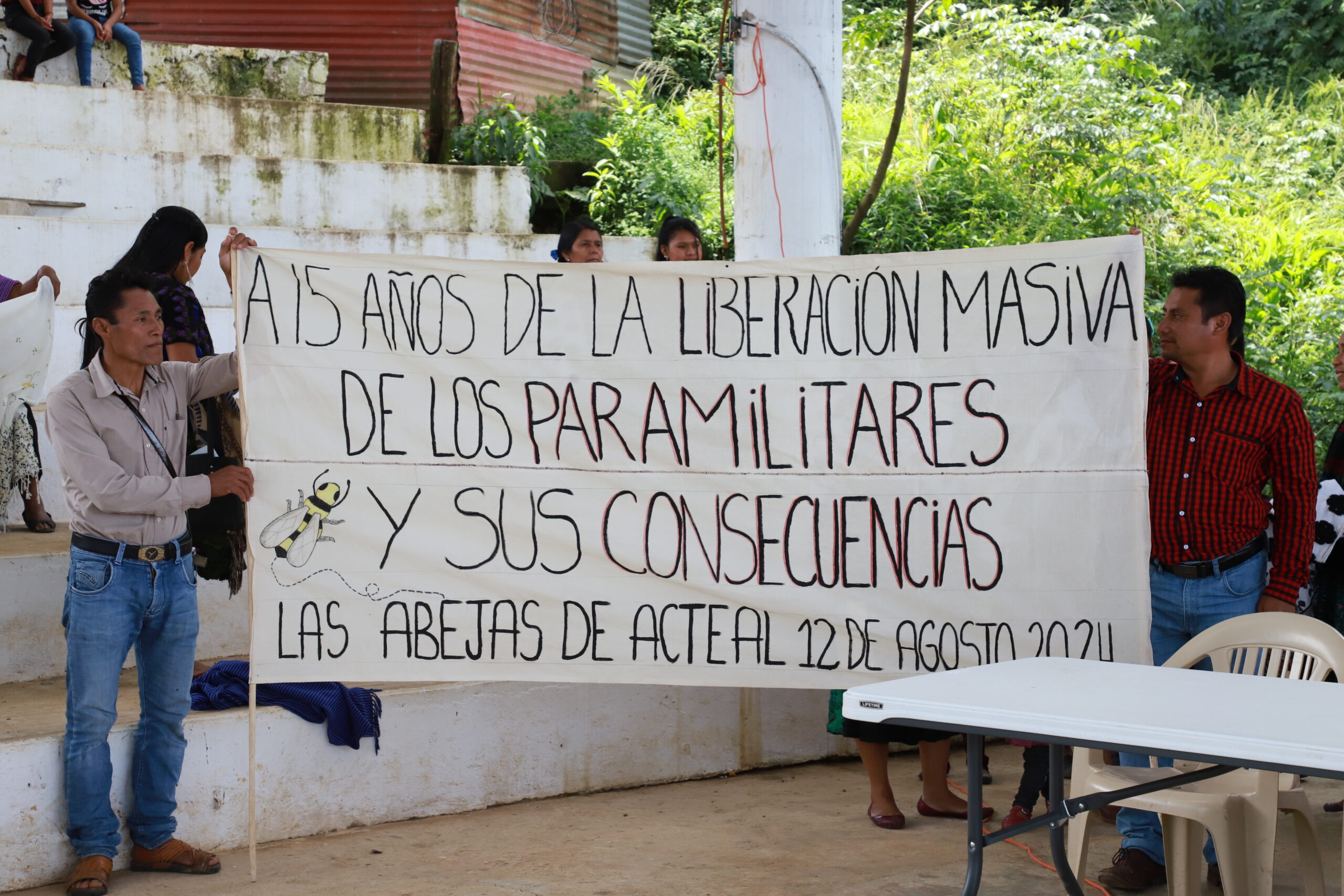
While the press conference was part of the demand for justice on the 15th anniversary of the release of the perpetrators of the massacre in Acteal, the conference was also used to denounce the current situation of violence.
“It gives us great sadness, our hearts cry for the violence that is already unstoppable, and that has converted into a monster devouring everyone in its path. For example, in the area where we live, in the municipality of Pantelhó, and the communities of Chenalhó near Pantelhó, we have been forcibly displaced due to constant gunfire from armed groups. As is already known, the Mexican military and national guard allow these acts to occur right beneath their noses,” they explained in a statement.
Due to the surge in violence in the region, Las Abejas reactivated the Civil Campaign for Peace, a refuge constructed in the community of Nueva Yibeljoj in October 2020 to house families displaced by paramilitaries in 1997.
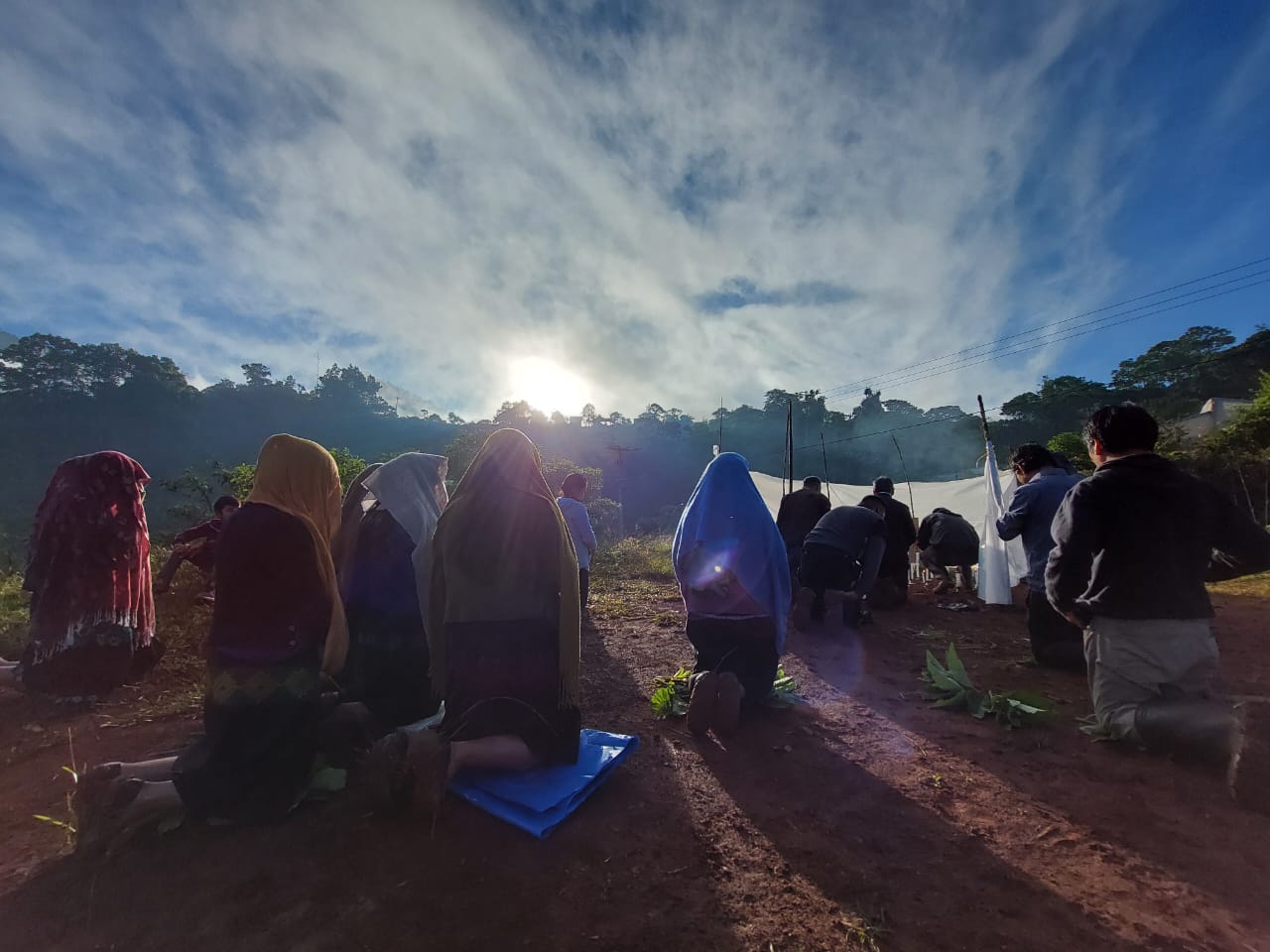
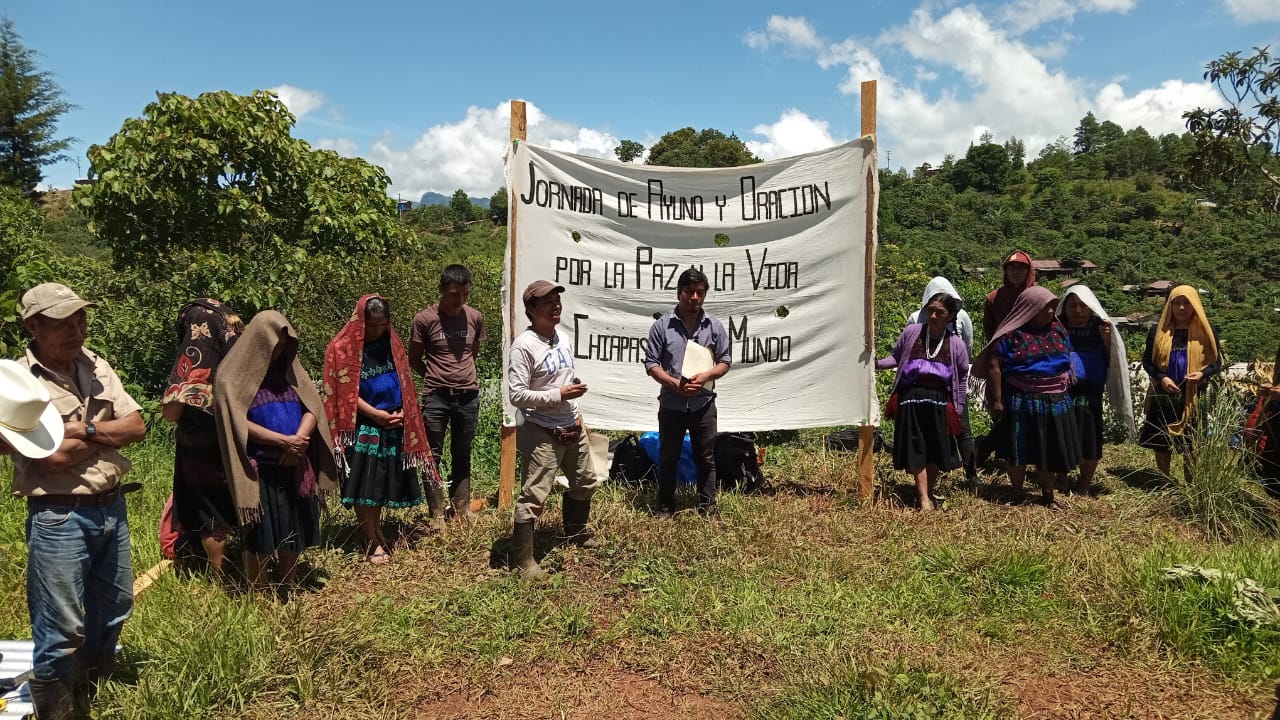
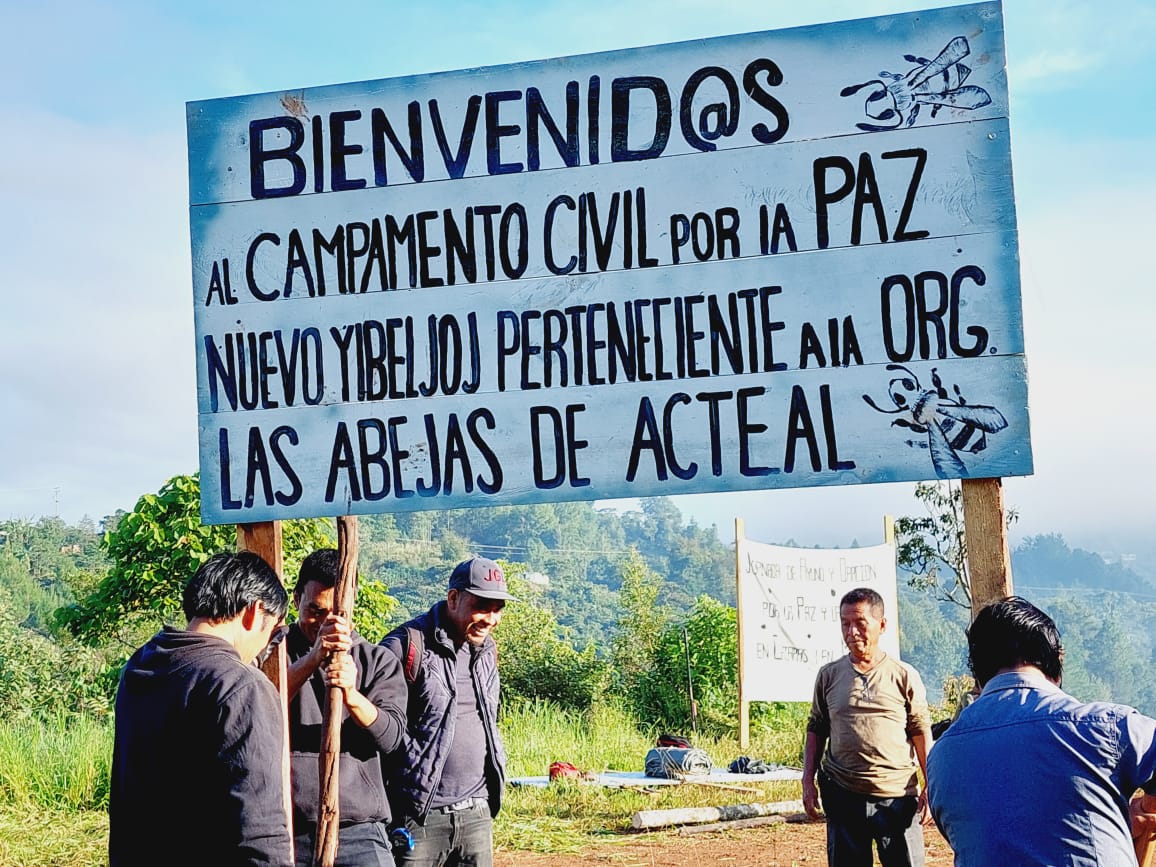
During the ceremony on August 6th, members of Las Abejas relaunched their work at the refuge with fasting and prayer. They also announced the reactivation of the camp allowing them to maintain the memory and hope alive. “With this action we seek to send a message to the three levels of government that they attend to our demands for justice and peace.,” they said.
Rising Violence
For Las Abejas, the violence is increasing causing fear and pain with the memory of the 1997 massacre. “We could say that we are reliving what we already lived through,” says Guadalupe Vázquez Luna, a survivor of the massacre.
They denounced that the release of the perpetrators of the 1997 massacre was the consequence of a campaign launched in 2006 involving the Centro de Investigaciones y Docencias Económicas (CIDE), Confraternice, Hugo Eric Flores Cervantes, Héctor Aguilar Camín, Manuel Anzaldo Meneses, and the then president of Mexico, Felipe Calderon Hinojosa.
“The impunity, which is the fruit of their collaboration, has led Chiapas to a civil war, just as the Zapatista Army of National Liberation warned in one of their communiques last year,” they explained.
In the face of this situation, the Indigenous Tsotsiles assured that, instead of guaranteeing that what happened in Acteal doesn’t happen again, impunity allows the organized crime groups to maintain the population terrorized, “encouraging the forgetting of the Massacre of Acteal, as well as those of Ayotzinapa, Tlatlaya, Pasta de Conchos, Aguas Blancas, and other crimes committed by the state throughout the country,” they denounced in the statement.
Postponed Elections
It should be noted that the municipality of Pantelhó is one of the three localities in which extraordinary elections are planned for August 25th. This is due to the fact that during the election on June 2nd, conditions of violence didn’t allow the installation of voting booths in the municipality of Los Altos, nor in the municipality of Chicomuselo, in the border region. In the third municipality, Capitán Luis Ángel Vidal, the State Electoral Tribunal invalidated the election for irregularities such as the burning of voting booths.
In this context, inhabitants of the municipality of Pantelhó have sent messages via social media to warn of the increase in violence in recent days, for which they argue the conditions won’t allow a secure election.


